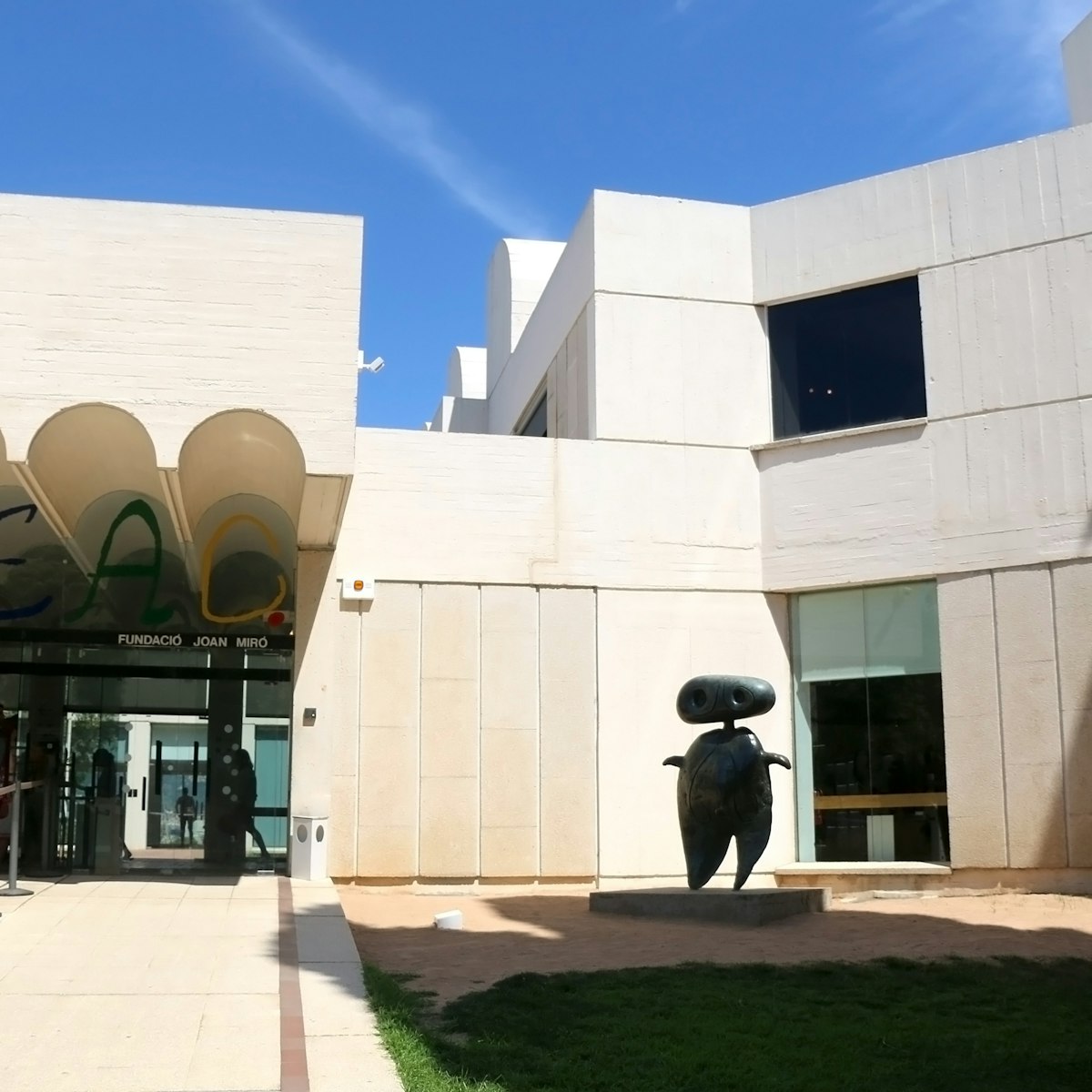The wealthy Catalan sculptor, traveller and obsessive collector Frederic Marès i Deulovol (1893–1991) amassed one of the wildest collections of historical curios. Today, his astonishing displays of religious art and antiques (which he donated to the city of Barcelona) await inside this vast medieval complex, once part of the royal palace of the counts of Barcelona. A rather worn coat of arms on the wall indicates that it was also, for a while, the seat of the Spanish Inquisition in Barcelona.
Frederic Marès' passion was medieval Spanish sculpture, huge quantities of which are displayed in the basement and on the ground and 1st floors – including some lovely polychrome wooden sculptures of the Crucifixion and the Virgin (such as the12th-century Mare de Déu amb el Nen from Burgos). Among the most eye-catching pieces is a reconstructed Romanesque doorway with four arches, taken from a 13th-century country church in the Aragonese province of Huesca (in the basement).
The top two floors hold a mind-boggling array of knick-knacks: medieval weaponry, delicate jewellery and ladies' fans, fine ceramics and clocks, intricate 'floral' displays made from seashells, 19th-century daguerreotypes and photographs, and much more. Marès’ wood-beamed former study and library is now crammed with sculptures (including some of his own). The shady courtyard houses the pleasant Cafè de l’Estiu (April to September).








